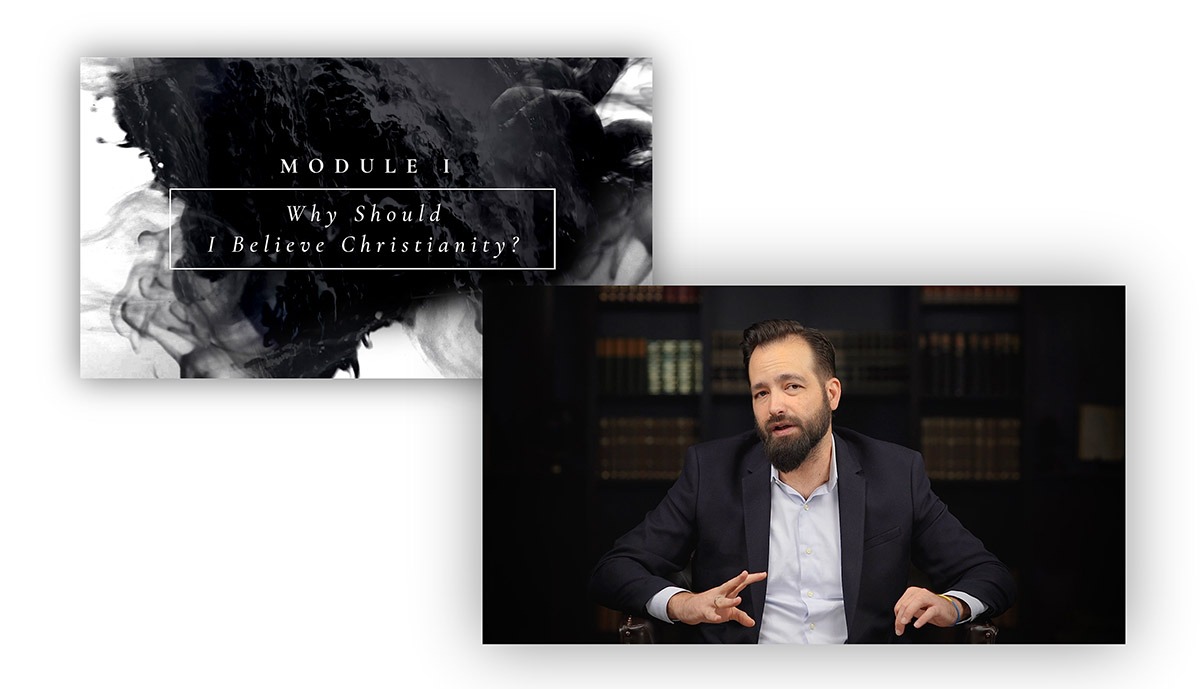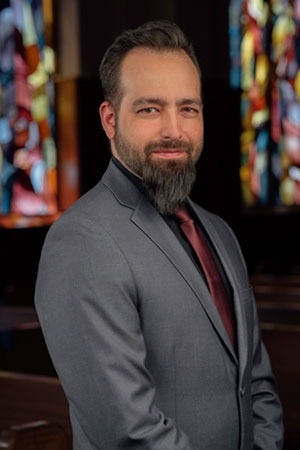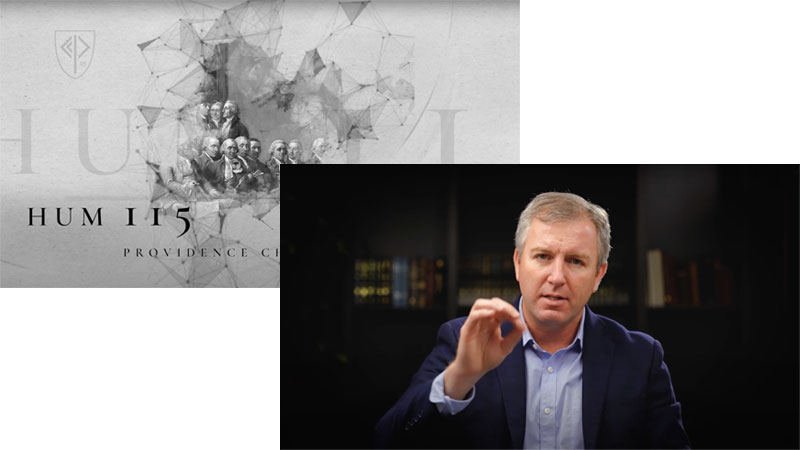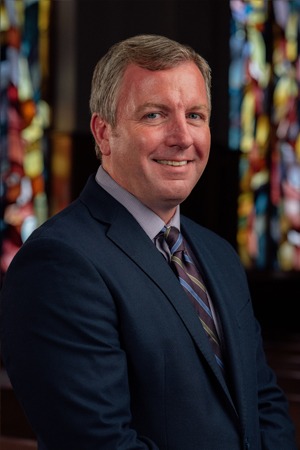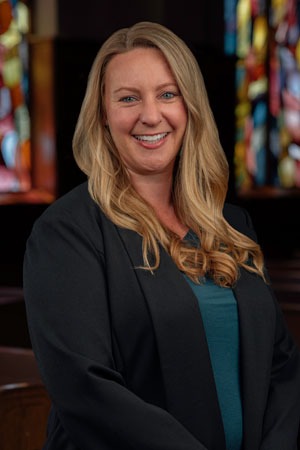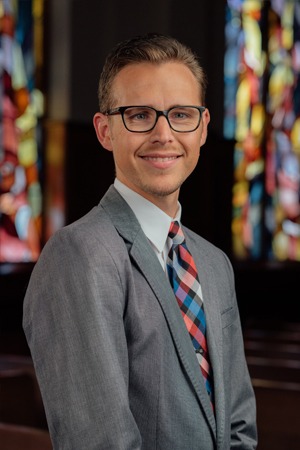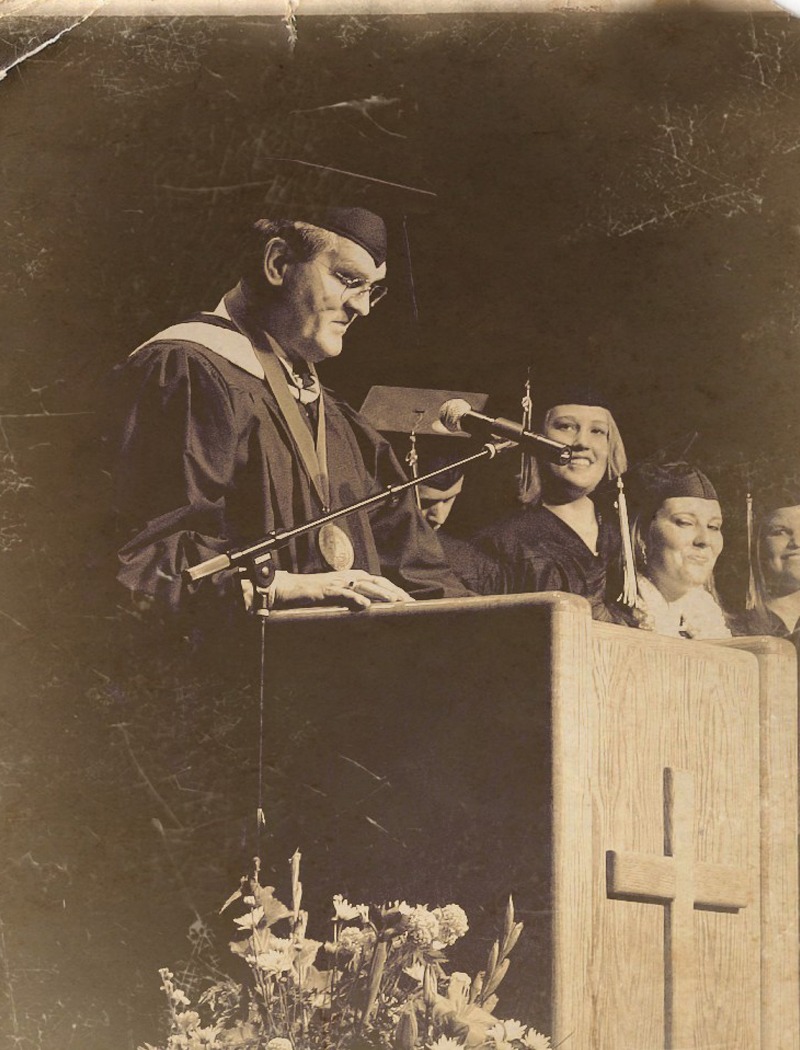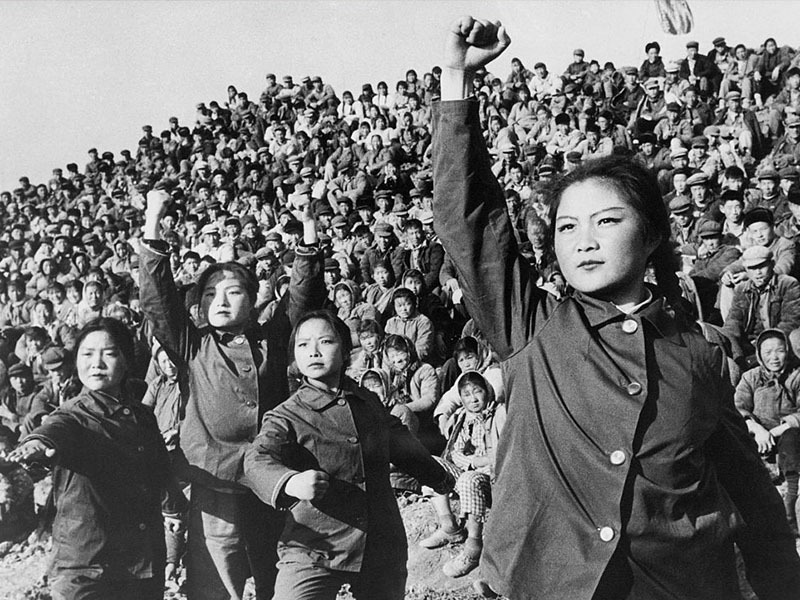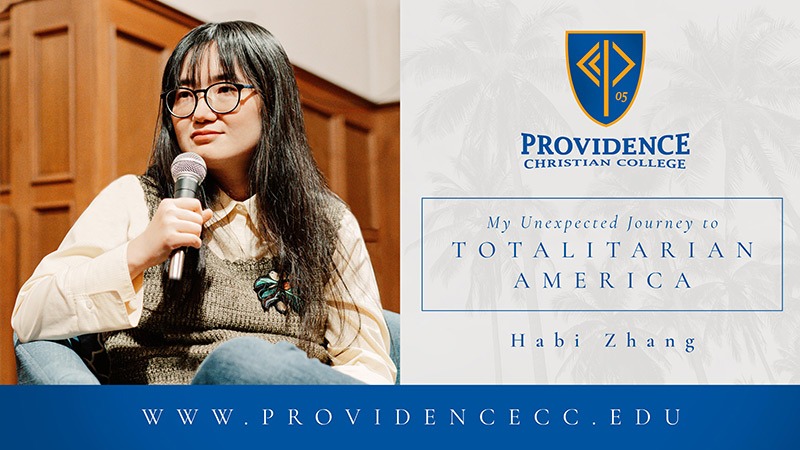
In November 2021, Habi Zhang, renowned essayist, philosopher, and Chinese political dissident, was a featured guest speaker at Providence Christian College. The following is a transcript of Zhang’s speech delivered to the student body during a special forum on American politics.
My Unexpected Journey to Totalitarian America:
A Chinese Dissident Observes an Emerging Dictatorship in the United States
By Habi Zhang
I grew up in what I call post-totalitarian China.
Mao, the ruthless and cunning tyrant, ruled China for nearly 30 years (1949 – 1976). It was a period when China was soaked in blood, famine, and mayhem. The Western world remains largely ignorant of the fact that Mao produced the deadliest regime in modern history. But the darker shadow Mao cast upon the Chinese nation is a loss of humanity ensuing from scores of mass movements marked by endless persecutions, denunciations, and false confessions. The loss of spirituality, human dignity, and interpersonal trust is profoundest and irrevocable. The nation that survived those savage mass movements has learned to be cynical, calculating, and deceptive.
From a very young age, I was puzzled by the pervasive inequality, unapologetic unfairness, and privileges reserved for the Party members that were palpable in every corner of the Chinese society. Being a child of a pair of illiterate parents who struggled to feed the family through a series of menial jobs, I received both in society and at school the blatant prejudice and discrimination. Meanwhile, I was troubled to see the so-called “people’s servants” (i.e., governmental officials) dictate to the people who had no choice but to obey all edicts, reasonable or not, not to mention that those “servants” wantonly abused power to accumulate personal wealth.
All that served as the earliest counter evidence to the propaganda one would often read in textbooks or hear in the state-run media that this Communist Party, claiming to be honest and upright, has made Chinese free and equal.
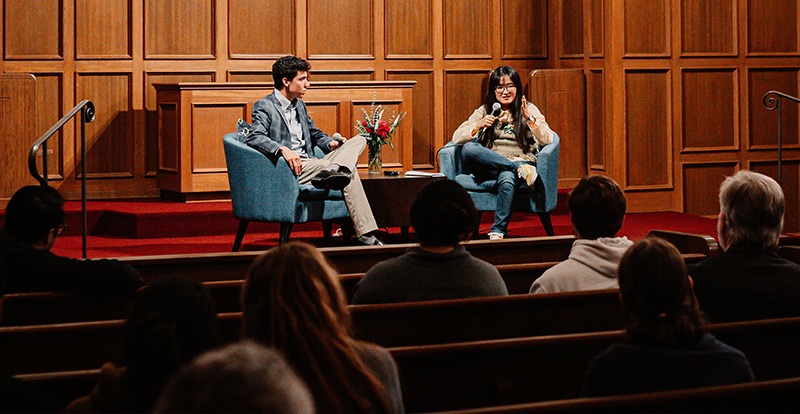
In truth, this Communist Party does not conceive of the Chinese people as beings of intrinsic value but only objects of utility. For the CCP regime, they are no more than the building blocks of the country’s GDP. And the people, either having learned that the regime is a brutal dictatorship or thoroughly brainwashed to equate the country with the Party, won’t bother to fight for their rights; they play along.
The Chinese nation is but a lie. By either quiet and passive compliance or deliberate calculation, everybody is confirming the system. As the Czech dissident Vaclav Havel points out, they are the system.
Allan Bloom, in The Closing of The American Mind, writes that every educational system has a moral goal in accordance with the nature of the regime and for the purpose of producing the right kind of human beings that best serve the regime. “Aristocracies want gentlemen, oligarchies men who respect and pursue money, and democracies lovers of equality.”
My generation spent most of their school years in the 1990s and the 2000s, when China was ruled by a tiny group of oligarchs that constitutes an extremely opaque organization called the Politburo Standing Committee of the Chinese Communist Party. They find ideologies such as Maoism or Marxism to be only transparent propaganda schemes. What they respect and desire is money, period. Making a living is not enough; making a living in luxury and ease is the goal. Several decades later, my fellow Chinese have transformed from peons to dedicated consumers with impressive purchasing power who gladly acquiesce to legal and political deprivations.

The state runs the school as boot camps. The educational system is centered on training the most skilled and efficient laborers, as well as on indoctrination for the sake of total control of the regime’s subjects. Certain history needs to be buried or distorted. One will not read in textbooks an accurate account of the Chinese Cultural Revolution (1966-1976), let alone having a hint of knowledge of dozens of other mass movements of smaller scale. The Great Famine (1959-1961) and the Tiananmen Massacre (1989) vanished without a trace in the collective memory.
Since day one at grade school, I found classes bizarre and boring because all efforts were oriented towards “gaokao” (national college entrance test). Questions of “why” were not encouraged, or needed. Substituting for learning in the classroom was memorization of the standardized answers. Substituting for beauty and imagination were naked utilities that made all subjects not only dull but barren. In the end, memorization and repetition crowded out wonder. The willingness and ability to think sank into atrophy, rendering the person more pliable and manageable.
For me, the Chinese school was suffocating not merely because of its rote learning pedagogy that many Chinese students would complain about, or political propaganda that made me cringe, but more importantly, that it was a spiritual desert where the soul is not led out towards something external, beautiful, or noble.
Then at the age of 16, I came cross a book in a bookstore that explained the American school was a special place, unlike its Chinese counterpart, devoted to the cultivation of the enduring longings of the human soul. To assist in man’s hunger to know, to understand, and to seek truth, was its highest mission. Students were challenged to think the unthinkable, to question convention, and to debate each other on ideas. The longing for a spot in one of those classrooms had since tormented me for decades.
I wanted to escape a culture that had no respect, or use, for truth but only money and power. I finally made my way out in 2015 when I attended Pepperdine School of Public Policy.
I felt I had died and gone to heaven during the two years at SPP. I had the best teachers one can hope for. But in a way SPP also sheltered me from the larger reality in the rest of the Western world.
It was in 2017 when I was first alerted to the attack on freedom of speech through the Jordan Peterson incident that originated in 2016. I was then stunned to see social justice warriors attack, sometimes physically attack, conservative speakers for alleged “hate speech” (i.e., the speech they hate). The administration shut down events or disinvited speakers to placate the angry mob (or so they wished). Meanwhile, they aggressively inculcate a cult of narcissistic victimhood on campus. Infantilized American adults are delicate or brittle, cold and entitled, highly irritable and irritating, easily outraged, poorly trained and profoundly uneducated.
I could not believe all that was happening in a civilization that has in the past nurtured liberal thinkers such as John Stewart Mill. I could not believe this was America once distinguished by its cowboy spirit.
In 2019 when I was at the second year of my doctoral program in political science, I noticed the catchy phrase “white supremacy” mushroom in media and on campus. Nobody offered a definition or supplied evidence, but all cultural elites were speaking the narrative to students and media consumers, presenting it as the biggest threat to America.
In early 2020, I saw the ideology of intersectionality ascend to a secular religion that preaches competitive victimhood. Now in retrospect, it was only a preamble to subsequent religions such as DEI or CRT that preach division, hatred, and revenge.
Then in late 2020, I was flabbergasted to see the American replication of the Chinese Cultural Revolution on full blast. The stunning similarity of the rhetoric and tactics between BLM and Antifa rioters who raise their fists and Red Guards who hold high the Little Red Book is terrifying.
In my first essay published in November of that year, I wrote, “One must wonder how long will it take before the revolution creeps into households and regularly has people turn on one another?” Little did I know that it didn’t take long before so-called “cancel culture” blossomed in 2021.
In recent years, I look, in dismay, at the cultural war throwing this great country in mayhem. It angers me to see the American left replicating the Chinese Cultural Revolution in America, turning good people into informers, liars, and opportunists. As a person who verses herself in the literature of totalitarianism, especially Mao’s China and the totalitarian ideology, I refuse to give any charitable reading of the leftists. To call them hypocrites is a gross understatement because when drunk in power, totalitarians have no sense of shame.
Then there was also a personal lament — I fled from a hard totalitarianism (i.e., Xi Jinping’s China), only to find myself in an emerging soft one where thinking is discouraged, dissent persecuted, and ideological loyalty the prerequisite for flourishing in the institution of higher learning.
I am deeply worried about the direction America is heading not merely because the totalitarian state takes away freedom. Many have yet to learn that it also destroys everything in humanity that is noble, decent, and ethical.
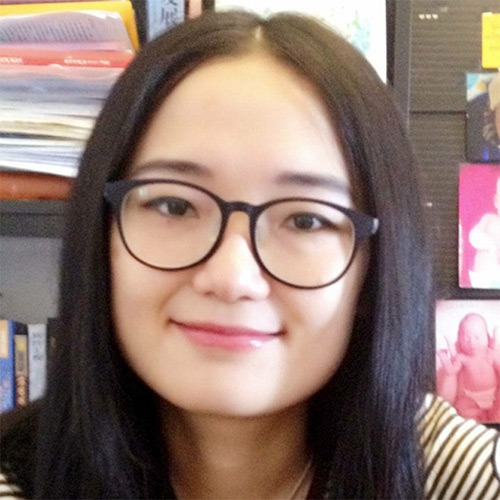
ABOUT THE AUTHOR
Habi Zhang was born and raised in a small village in Sichuan Province, China. She is a essayist, political philosopher, and Chinese political dissident. Zhang is a doctoral student in political science at Purdue University, and holds a Master of Public Policy from Pepperdine University. Her main research interests are political thought, political culture, and quantitative methods. Zhang is currently researching totalitarianism, political tolerance, and public opinion. Her writing appears in Law & Liberty, The Imaginative Conservative, The American Mind, and VoegelinView.
